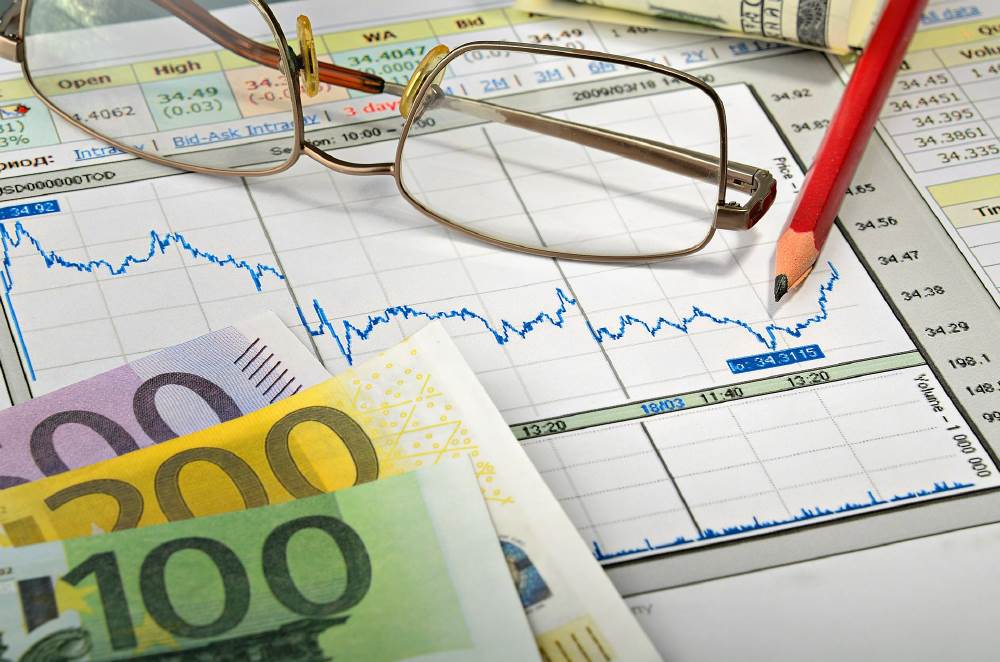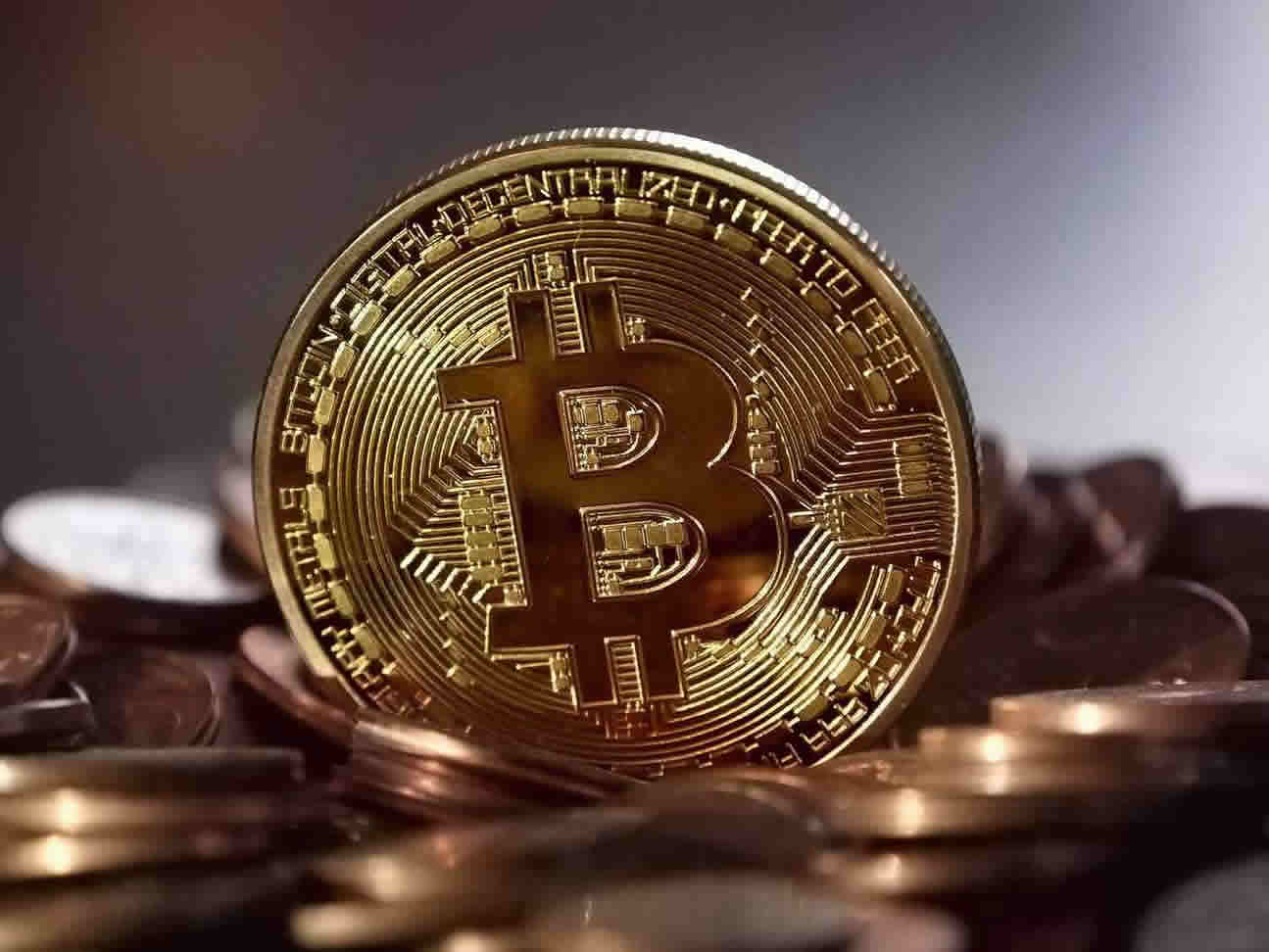The euro was trading cautiously on Monday, following a week of uncertainty that ended with Greece securing a short-term loan extension in exchange for further oversight from its creditors and other reforms that squashed Athens’ “anti-austerity” pledge. The attention this week shifts back to the economic data, although the threat of an eventual Greek exit from the Eurozone remains in the background.
The EUR/USD was trading at 1.1368 in the early Asian session, down 0.13 percent. The pair faces initial support at 1.1294 and resistance at 1.1445. The euro advanced slightly against its US counterpart last week, but ended on a sour note following the details of the Greek loan extension. The pair briefly fell below 1.13 on Friday before recovering.
Several batches of high profile data are on the docket this week, headlined by Germany. On Monday the IFO Institute will release the business climate index, a closely followed indicator for economic development in Germany. The business climate index is forecast to rise to 107.7 from 106.7, adding further evidence the German economy was regaining momentum following a midyear slump.
On Tuesday the Federal Statistics Office is expected to confirm Germany’s Q4 GDP growth at 0.7 percent, unchanged from the preliminary estimate. Year-on-year, this translates into an annualized gain of 1.6 percent. Fourth quarter growth more than doubled forecast and was a significant improvement over the third quarter’s 0.1 percent uptick.
Separately, Eurostat will post final Eurozone CPI figures for January. Eurozone consumer prices plunged 0.6 percent annually in January, the sharpest decline since July 2009, Eurostat reported last month in a preliminary estimate.
On Thursday Germany will publish official employment figures for February. The number of workers unemployed is forecast to drop by another 10,000 in February. The unemployment rate is forecast to hold at 6.5 percent.
Separately, Eurostat will release several economic indicators on Thursday, including business confidence, industrial confidence and economic sentiment.
Germany and other Eurozone member states will close out the week with preliminary estimates of February CPI. Germany’s harmonized index of consumer prices declined 0.5 percent in January, the first time in more than five years inflation turned negative for Europe’s largest economy.
Eurozone inflation will probably remain negative in the first half of the year before gradually recovering later on, aggravating concerns about the currency bloc’s nascent recovery. Persistently weak inflation also raises concerns about the ECB’s €1 trillion bond buying program, which has designed to shore up consumer prices and promote economic growth.
The ECB will hold its next monetary policy meetings in early March.
MKTPlace is a leading digital and social media platform for traders and investors. MKTPlace offers premiere resources for trading and investing education, digital resources for personal finance, news about IoT, AI, Blockchain, Business, market analysis and education resources and guides.












